Have you heard about Montessori Mini books?
They are a great way to introduce new vocabulary to young children
Montessori Mini books…what are they?
Making mini books is an activity I learned in my training. Not all training programs discuss or touch on mini book making. I am very fortunate that my training did cover it, because it is something that I use on a regular basis. Before I get into what mini book making is, I should give you a little insight about where the mini book originates from.
Mini books come from Nomenclature cards. Nomenclature cards; or 3 part cards as they are frequently referred to in a Montessori classroom, are cards that come in 3 parts; hence the name! The word “nomenclature” comes from the Latin word “nomenclature“, which means to give or assign names to things. The first card in the nomenclature set is the label card, which is a picture and a word associated with the picture. The second card in the nomenclature set is the picture card, which is just the picture. The third card in the nomenclature set is the word card.
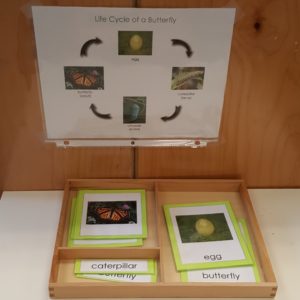 Nomenclature cards; 3 part cards Butterfly Life Cycle
Nomenclature cards; 3 part cards Butterfly Life Cycle
Nomenclature cards are the basis for mini books. I try to use mini books often in my monthly curriculum. Mini books are child made books that represent the parts of ____, the life cycle of ______, or the can be the inhabitants of _____. Child made mini books have benefits to child’s overall development. Mini books are a good way for older children to begin to associate pictures with words and their meanings.
Mini Books are blank copied mini pages of a given parts of ____, life cycle of ____, or inhabitants of ____. The teacher provides a “Master Mini Book” that has either been handmade or commercially copied (with permission). I tend to use a combination of both handmade and commercially copied.
The Master Mini Book is colored or copied by the teacher. I normally copy my masters onto white card stock for durability. Once I have each of the pieces of the master book colored and cut out, I then glue it onto another piece of card stock. I normally chose a color that compliments the colors of the mini book. I use various ways of completing the label part of the Master Mini Book. I use writing, printed words, or a label maker to make the label for each part. It just depends on your personal preference. After this, I laminate all of the Master Mini Book pages. I ALWAYS laminate EVERYTHING that the children will handle on a regular basis. It provides more durability, and a longer shelf life for the work I create. SIDE NOTE: *If you don’t have access to a laminator, you can use a roll of clear contact paper*. After I laminate each page of the Master Mini Book, I use a single whole punch and punch a whole in the top left corner. I then attach a medium sized book ring, so that it is easy for the children to flip through the book to get to each page. And that’s it…easy instructions on making a Master Mini Book!
Along with the Master Mini Book, I also provide the necessary coloring tools to complete the book, and a pencil for labeling the book. I tend to put all of my materials for mini book making on a tray, so that it makes it easier to present it to the children. It also makes it easier for use for the time we are studying a certain subject.
Parts of a leaf mini book
Parts of a butterfly mini book
As I stated earlier, mini books have benefits to a child’s development in many areas. Mini books nurture a child’s language development; such as their communication, literacy, and interest. Mini books also contribute to their cognitive development; such as inquiry, curiosity, and knowledge. They also help with fine motor skills, while having to color within the lines, a certain part or area, and use of pencil writing skills.
Ways that mini books benefit a child’s language development
1.They foster and build vocabulary
Mini books foster and build a child’s vocabulary. When a child colors and labels each part of a mini book, they are learning new vocabulary words.
2. They help with identifying part of a whole
When children make mini books, it teaches them the various parts of a whole or characteristics of a given subject
3.They help with recall(memorization)
When children make mini books, they are able to take them home, and hopefully will share about each part of their mini book, which helps with recall skills.
Animals of South America mini book
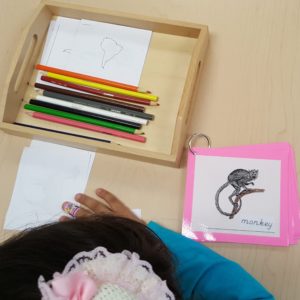
Not only do mini books provide a child with enhanced vocabulary, knowledge, fine motor skill development, and memorization; they also are a fun and interesting way to introduce new topics. Making learning interesting is the best way to ensure that children will openly and willingly want to learn and become the natural learners that are.
Anitra J.
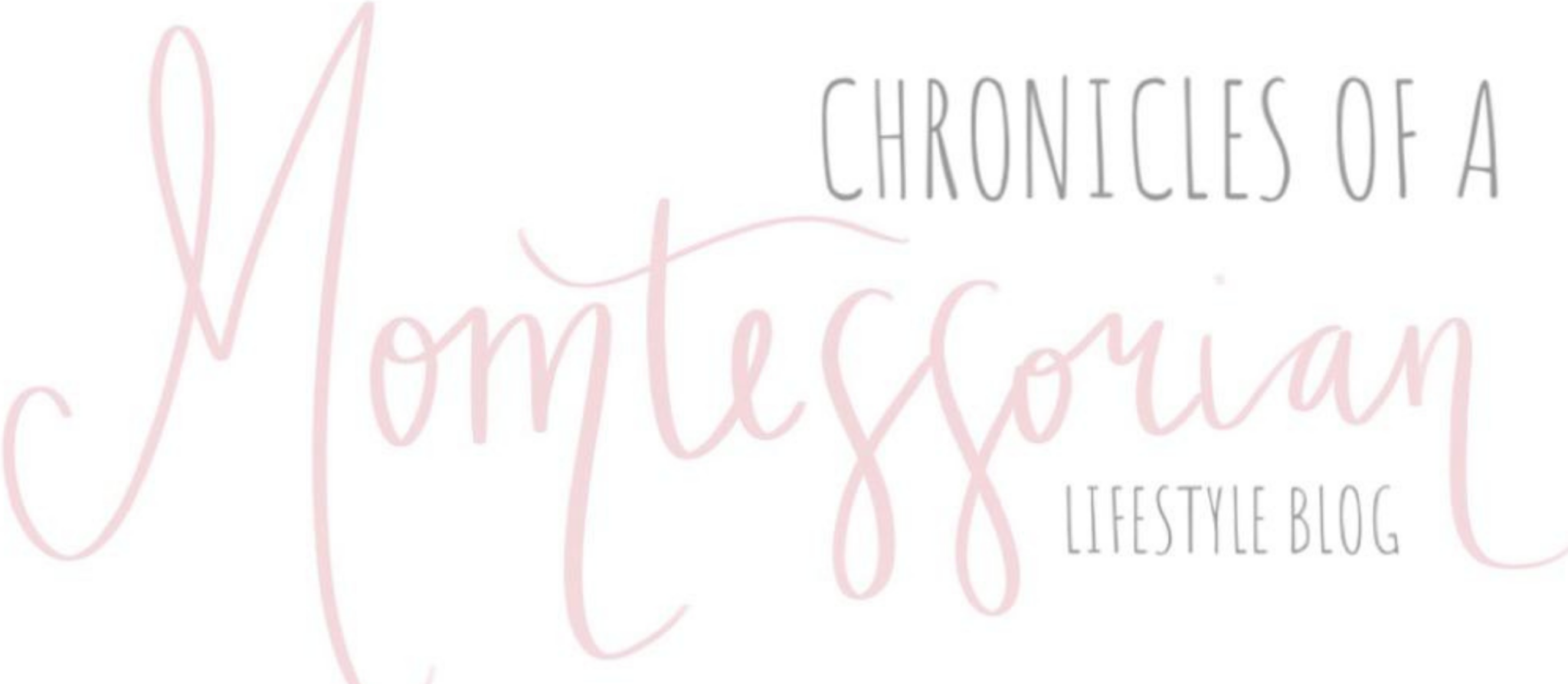
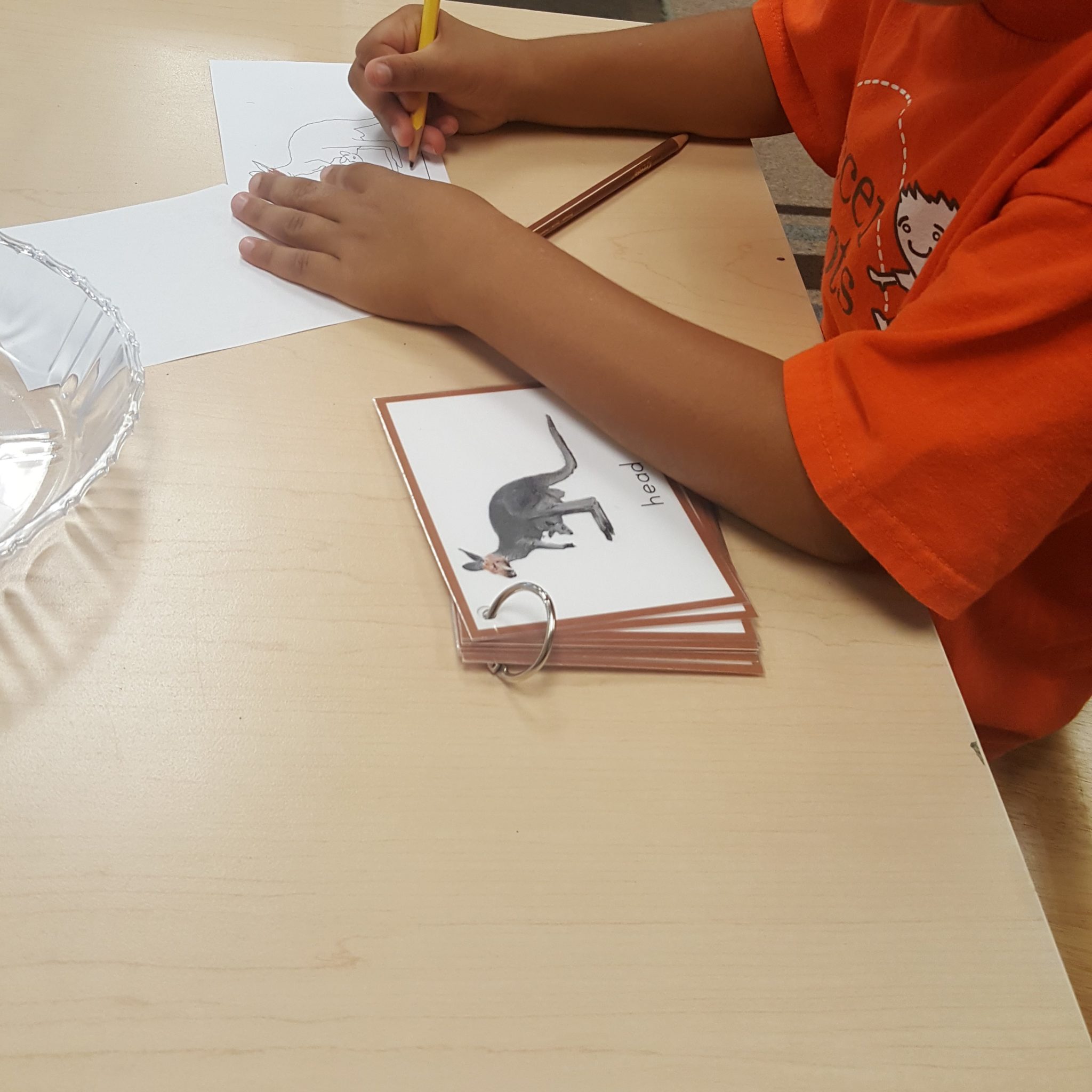
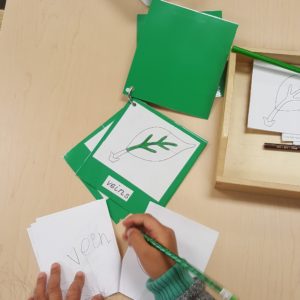
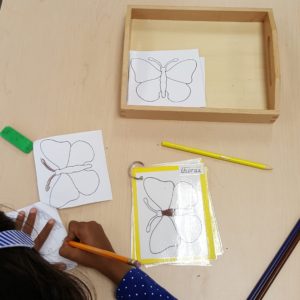
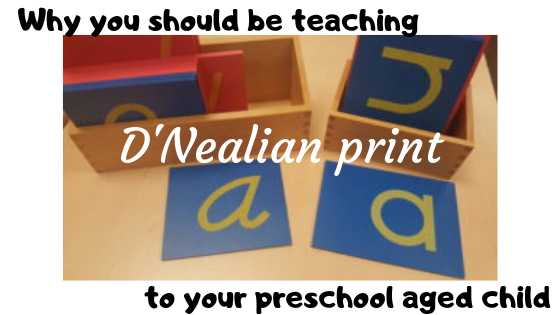
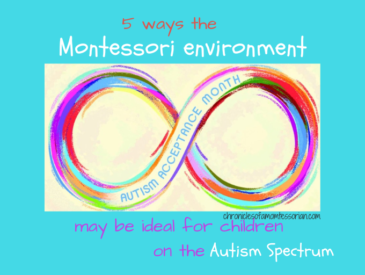
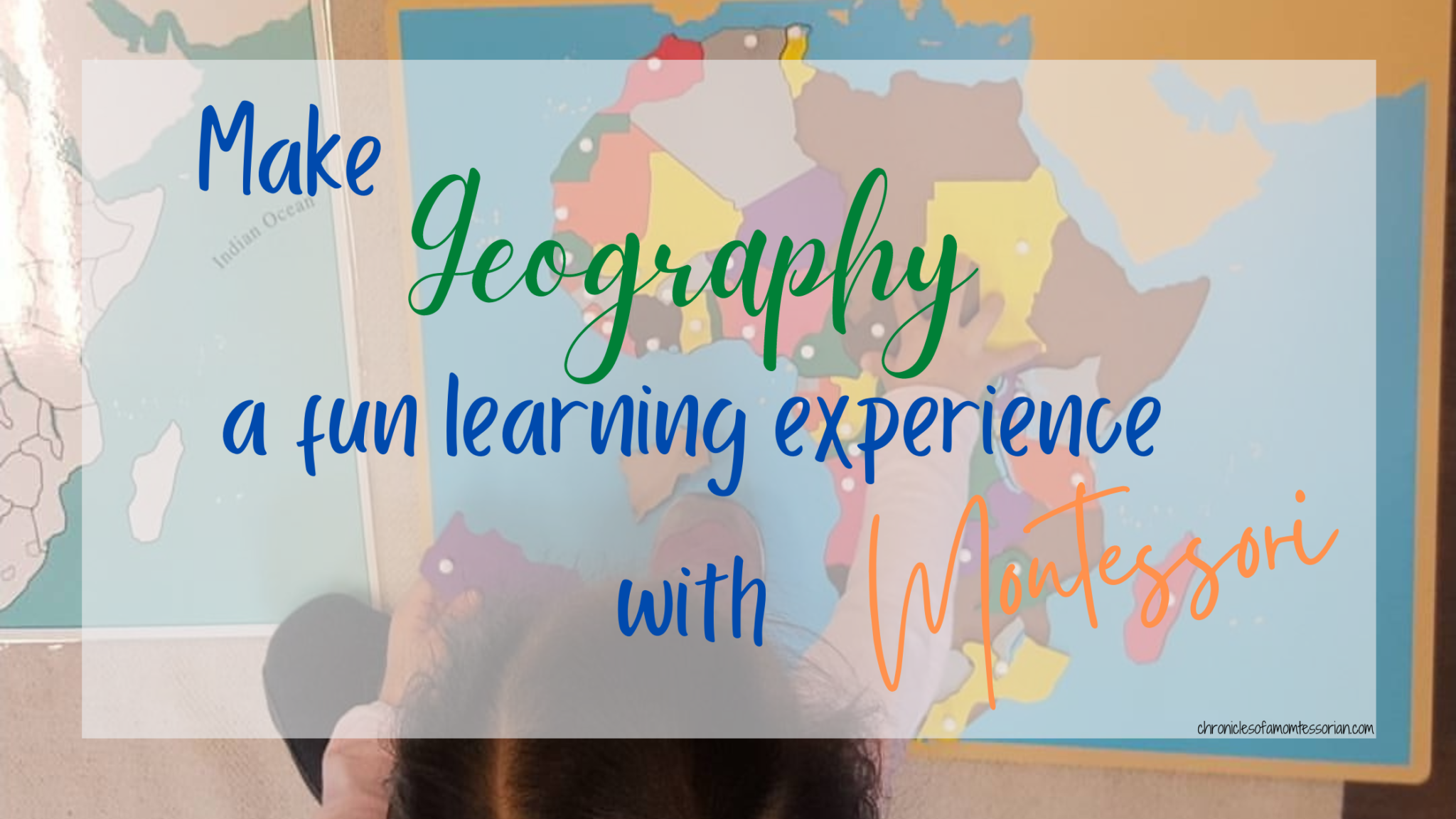
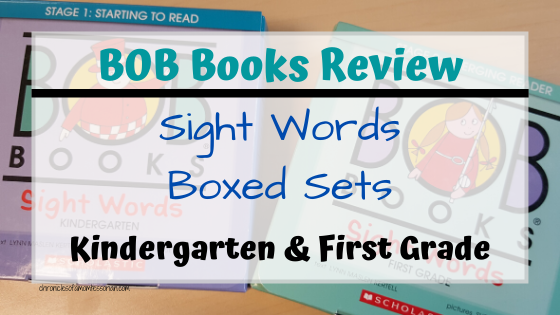
This is so insightful! I’ve always wondered what some of the Montessori activities and approach are, and this provided very helpful information. I might try with my daughter when she gets just a little bit older!
Hi Holly! Thank you! Montessori is very child oriented, and the materials are amazing too! Feel free to reach out anytime if you ever have any Montessori questions!
I love this, I think my daughter will definitely love making mini books. She is only 2.5, so she will need a lot of help from me, but I believe in exposure, and not letting her age hold her back from fun experiences. I think it would be fun to help her make a mini book. Before I can blink an eye, she will be old enough to make her own!
Hi Michelle! Thanks! You would be amazed at what 2.5 year olds can do if given the opportunity. I have 2.5 year olds in my class that can do so many things that you wouldn’t expect. Just exposing them to rich learning activities is all it takes!
This activity looks like so much fun!! i have been looking into the montessori approach. We have a lot of preschools and child care that use the montessori approach in our area and i have been curious about it. Once my child gets older i am considering montessori school for him. thanks for sharing and for explaining some of the concepts. very helpful!
Hi Sara! Thanks! Montessori is definitely worth looking in to. It is a hands on learning method. If you have any questions, feel free to reach out, I’d be happy to help!